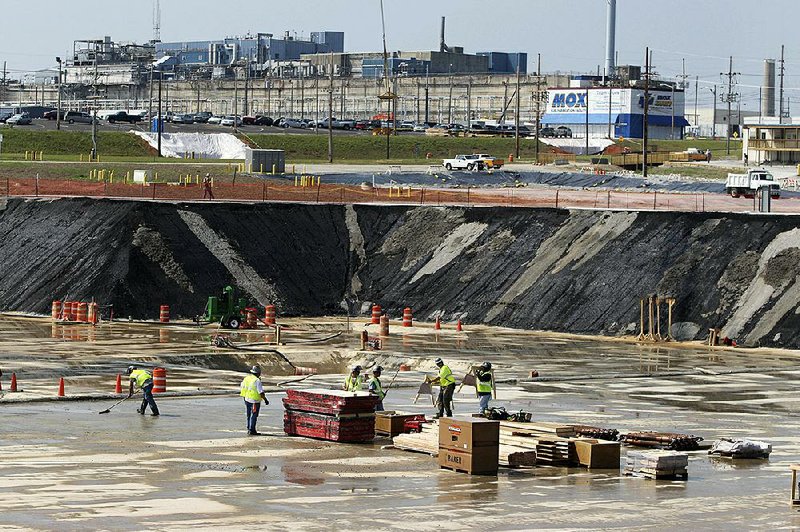COLUMBIA, S.C. -- The federal government does not have to restart construction on a nuclear fuel facility in South Carolina that it abandoned after spending nearly $8 billion, after the U.S. Supreme Court on Tuesday declined to hear the case.
The justices refused without comment to hear South Carolina's appeal of a lower-court decision in October 2018 that allowed the U.S. Energy Department to stop building the Mixed Oxide Fuel Fabrication Facility at the Savannah River Site near Aiken.
Work on the plant started nearly two decades ago. Its goal was to take plutonium used in nuclear weapons built during the Cold War and convert it into mixed oxide fuel to run nuclear plants around the world.
The facility was over budget and behind schedule nearly from the start. It was still decades away from completion when President Barack Obama's final budget in 2016 pulled funding. Republicans in South Carolina asked President Donald Trump to restart the project, but his administration has refused.
South Carolina then sued the federal government, saying the government had promised to remove the 24,250 pounds of plutonium from the state by 2021. Without the mixed oxide fuel plant in place, there was no guarantee the government would keep its end of the deal, state officials argued.
South Carolina Attorney General Alan Wilson said he was disappointed with the Supreme Court's refusal to hear its appeal but said state officials "will continue to do everything necessary to protect the citizens of our state and hold the federal government accountable under the law."
Federal officials said they should be free to consider any alternatives they want. The plan now appears to be to seal the plutonium and bury it in the desert in the western U.S.
The Energy Department first disclosed in January 2019 that it had sent a half ton of plutonium to Nevada in 2018. Two months ago, Wilson said a full ton of plutonium had been removed from South Carolina to meet a federal court-imposed deadline of Jan. 1, 2020. He didn't say where the other half-ton went.
In August, Nevada lost its own federal appeals court fight to block any more shipments of weapons-grade plutonium to a site near Las Vegas.
Business on 10/16/2019
